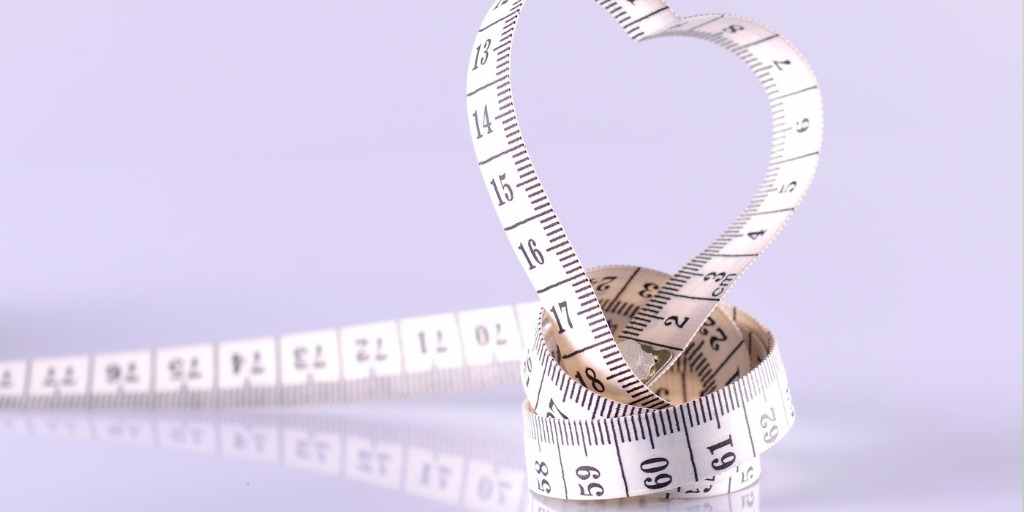When we want to lose weight, it’s common to look for the fastest and easiest way to achieve it. Unfortunately, many of these “fad diets” may bring along a lot more trouble than overweight itself. Being aware of the health risks we are exposed to when dieting on our own can help us make wiser decisions when it comes to losing weight.
Fad diets
Miraculous diets have become more fashionable and accessible in the digital era, where any crazy advice is just a click away. Fad diets promise a super speed weight loss, and even a longer life without any scientific evidence. Many of them are also characterized by highly restrictive and unusual food choices.
These diets are popular because they produce significant weight loss at the beginning, mostly by dangerously reducing your caloric intake. Typically, these diets keep your daily caloric intake way under a healthy level (some diets based on liquids are even less than 500 calories). The problem is that such a fast weight loss is never a long-term one, and, in fact, many of these diets can put your health at risk.
Physical effects
When you reduce your caloric intake so drastically, your body enters into a “starving mode” and this slows your metabolism, that is, the rate at which you burn calories. This reduces weight loss as you continue dieting. Thereby, nutritionists recommend a very small decrease in your caloric intake according to each person’s weight and needs, but also a gradual increase after a dieting period.
In the worst scenario – mostly in prolonged use of low-calories diets –, your body begins to start using your muscle tissue for energy, instead of burning body fat. As a matter of fact, 25% to 50% of weight loss during a fad diet comes from muscle loss. In addition, most of the pounds you lose comes from water loss, essentially dehydration. If you just drink the equivalent amount of water, those pounds will be right back.
A non-balanced or an extremely restrictive diet has also a negative effect on our hormones. A body deprived from food becomes stressed and increases its cortisol levels, which sets the person up for weight gain rather than loss. You may like to read our article about “Why Can’t I lose Weight!”.
Psychological effects
Once you go off a fad diet, we usually go back to our old eating habits, and the pounds we lost with all that effort, inevitably come back. Even worse, when we deprive ourselves of food for long periods of time, we end up binge eating, which results in gaining even more weight than before we started the diet.
On the other hand, when we follow extremely restrictive diets, we can become obsessed with food. This obsession can prevent us from focusing at work or school, and makes us irritable and anxious.
Furthermore, if your diet is not yielding the results you were expecting, you may begin losing confidence, and you can develop an unhealthy relationship with food and body image which can lead to eating disorders.
Dieting wisely
Detox cleanses, weight-loss pills, metabolism boosters, and incredibly long lists of good vs bad foods are the driving force behind every miraculous diet and their dangerous health risks.
No fad diet will work miracles. Actually, the best diet is not a diet at all, but a lifestyle that includes a wide variety of foods, regular exercise, and healthy habits. Studies have shown that steady weight loss is more likely to last than any sudden weight loss. A healthy plan, supervised by a professional, aims for a loss of 1 to 2 pounds per week.
If you want to achieve a healthy weight, you should also include regular physical activity. There’s no need to pay fancy gyms, you can find yourself an activity you really enjoy by your own or with your friends; 30 to 60 minutes four of five times a week will be enough for most people.
Dieting can become a matter of risk when we’re not appropriately guided by a nutrition professional. Here, at Forma Vital, our therapists will give you a personalized plan tailored to your lifestyle and food preferences. Don’t wait any longer! #DoItNow and contact us, we’ll be more than glad to help you.
